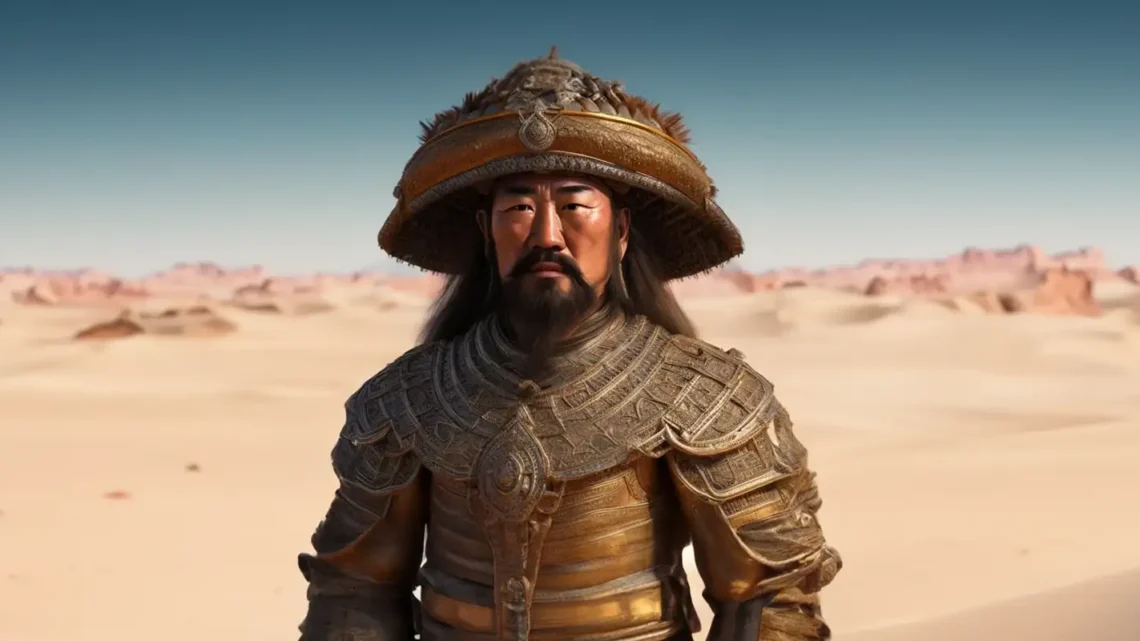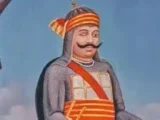
Hulegu Khan Biography: Parents, Siblings, Age, Net Worth, Wife, Children, Empire, Death
Hulegu Khan, also known as Hülegü or Hulagu, was a prominent Mongol ruler who played a pivotal role in expanding the Mongol Empire into Western Asia.
His military campaigns were instrumental in establishing the Ilkhanate, a Mongol state that laid the groundwork for the modern nation of Iran.
Trending Now!!:
His forces were responsible for the destruction of Baghdad in 1258, leading to the end of the Islamic Golden Age and the Abbasid Caliphate.
Profile
- Full Name: Hulegu Khan
- Stage Name: Hülegü or Hulagu
- Born: 1217
- Date of death: 8 February 1265 (Aged: 48 years old)
- Birthplace: Mongolia
- Nationality: Mongol
- Occupation: Political Ruler
- Height: Unknown
- Parent: Tolui and Sorghaghtani Beki
- Siblings: Ariq Böke, Möngke Khan, Kublai Khan
- Spouse: Doquz Khatun (m. ?–1265)
- Children: Abaqa Khan, Tekuder, Toqai Timur, Möngke Temur, Yoshmut, Qonqurtai, Jumghur, and Hyaxemet Khan.
- Relationship: Married
- Net Worth: Unknown
Early Life And Education
Hulegu Khan was born in 1217 in Mongolia, the son of Tolui and Sorghaghtani Beki, a powerful Keraite princess.
His brothers, Ariq Böke, Möngke Khan, and Kublai Khan, were prominent figures in Mongol history.
Although details of his formal education are scarce, Hulegu’s upbringing was heavily influenced by his mother, who played a crucial role in positioning her sons within Mongol politics.
Hulegu was of Mongol descent and belonged to the prestigious Borjigin royal lineage. In terms of religion, he was influenced by both Buddhism and Christianity.

Career
Hulegu Khan, a prominent Mongol ruler, was entrusted by his brother, Möngke, the Great Khan, to expand Mongol influence into Western Asia.
Starting around 1253, Hulegu embarked on a systematic military campaign, assembling a massive army—possibly the largest ever seen by the Mongols.
His early conquests included the subjugation of the Lurs in southern Iran, followed by the capture of the Nizari Ismaili fortress of Alamut in 1256. Hulegu’s military combined overwhelming force with psychological tactics, often leading his adversaries to surrender without significant resistance.
The most defining moment of Hulegu’s career came in 1258, when he led the Mongol siege and subsequent destruction of Baghdad, marking the end of the Abbasid Caliphate and the collapse of the Islamic Golden Age.
This event significantly shifted the power dynamics of the Middle East, leading to the rise of the Mamluk Sultanate in Cairo as the new Islamic center of authority.
Hulegu’s expansion continued into Syria, but his forces suffered a significant defeat at the Battle of Ain Jalut in 1260, halting their advance and marking the first significant setback for the Mongols.
Following these military successes, Hulegu established the Ilkhanate dynasty in Persia, merging Mongol military supremacy with Persian administrative practices.
This led to relative stability in the region, revitalizing the Silk Road trade and encouraging cultural exchanges.
Hulegu’s reign was also noted for religious tolerance, particularly towards Buddhists and Christians, influenced by his Buddhist faith and Christian wife.
However, this tolerance caused some friction with the Muslim majority in his territories. Hulegu’s legacy left an indelible mark on the Middle East’s political, economic, and religious landscape.
Social Media
Hulegu Khan does not have a social media account.
Personal Life
Hulegu Khan had numerous wives and concubines, with his most revered and favored wife being Doquz Khatun, a Christian princess from the Keraites. She was influential in his court and accompanied him on military expeditions.
Among his children, the most notable were Abaqa, who succeeded him as Ilkhan, Tekuder (also known as Ahmad Tekuder), who later ruled the Ilkhanate, and Taraqai, whose son Baydu also became Ilkhan.
Hulegu is believed to have fathered at least 21 children, including Möngke Temur, Yoshmut, Qonqurtai, Jumghur, and Hyaxemet Khan, with his various wives and concubines. This large and complex family structure was characteristic of Mongol royalty.

Net Worth
Hulegu Khan, a 13th-century Mongol ruler and founder of the Ilkhanate, did not possess wealth in the modern financial sense.
His riches were derived from the extensive territories he conquered and ruled, which included areas of Iran, Mesopotamia, and neighboring regions.
NOTICE!! NOTICE!! NOTICE!!
At TheCityCeleb, we strive to provide accurate and up-to-date biographies and entertainment news, focusing on celebrities. Our editorial team researches information from reputable sources, including interviews, official statements, and verified media.If you spot an error or have additional details, please contact us at editor@thecityceleb.com. We value your feedback and are committed to maintaining trustworthy content.


